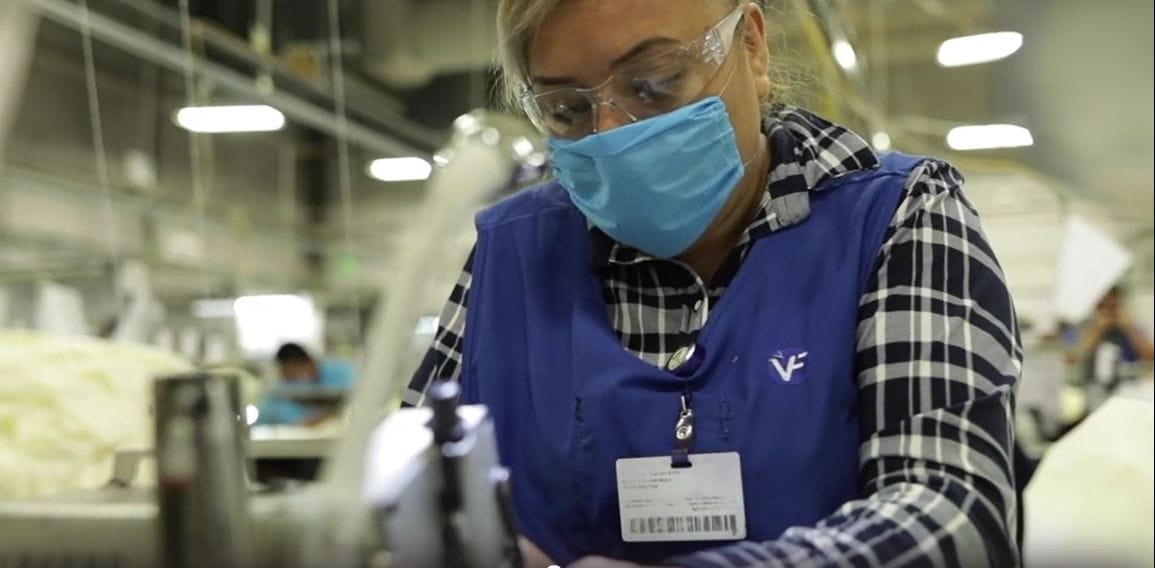One open issue stemming from the CDC’s about-face on masking for the fully vaccinated is how OSHA would address these new guidelines. When OSHA published its Guidance on Mitigating and Preventing the Spread of COVID-19 in the Workplace in late January, it made it clear that one’s vaccination status had zero impact on an employer’s obligation to require masks in all cases.
Workers who are vaccinated must continue to follow protective measures, such as wearing a face covering and remaining physically distant, because at this time, there is not evidence that COVID-19 vaccines prevent transmission of the virus from person-to-person.
In the world of COVID-19, 3 ½ months is an eternity, so here we are just 3 ½ months later living in a country without facial coverings for the fully vaccinated. So what says OSHA?
The Centers for Disease Control and Prevention (CDC) has issued new guidance relating to recommended precautions for people who are fully vaccinated, which is applicable to activities outside of healthcare and a few other environments. OSHA is reviewing the recent CDC guidance and will update our materials on this website accordingly. Until those updates are complete, please refer to the CDC guidance for information on measures appropriate to protect fully vaccinated workers.
Until further notice, the story on masks at work remains as follows:
- Fully vaccinated employees = maskless, if they choose.
- Unvaccinated employees = masks.





